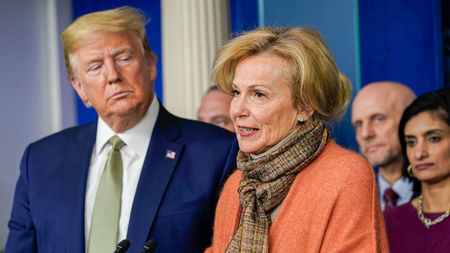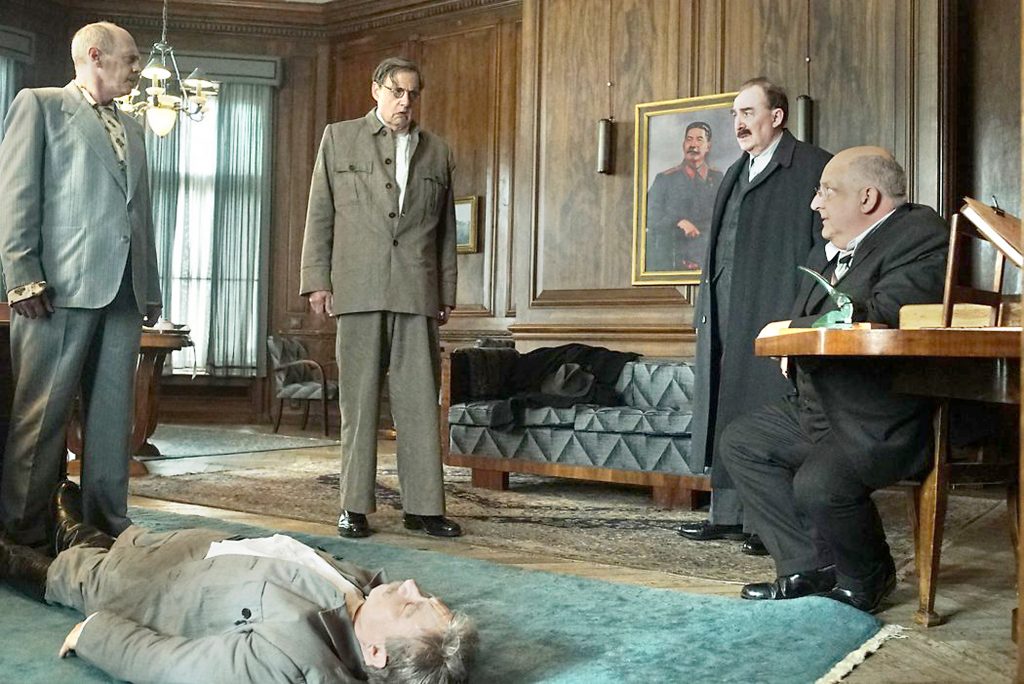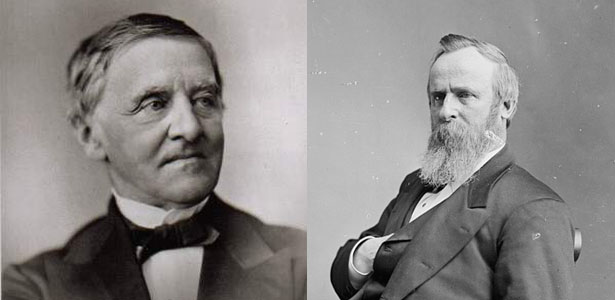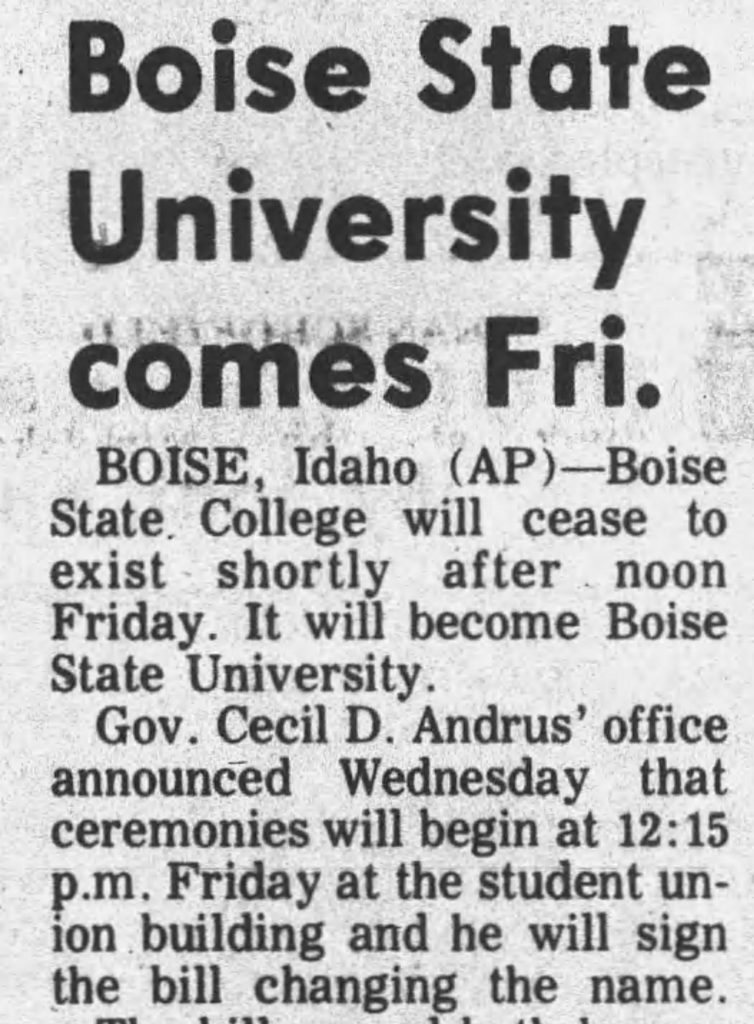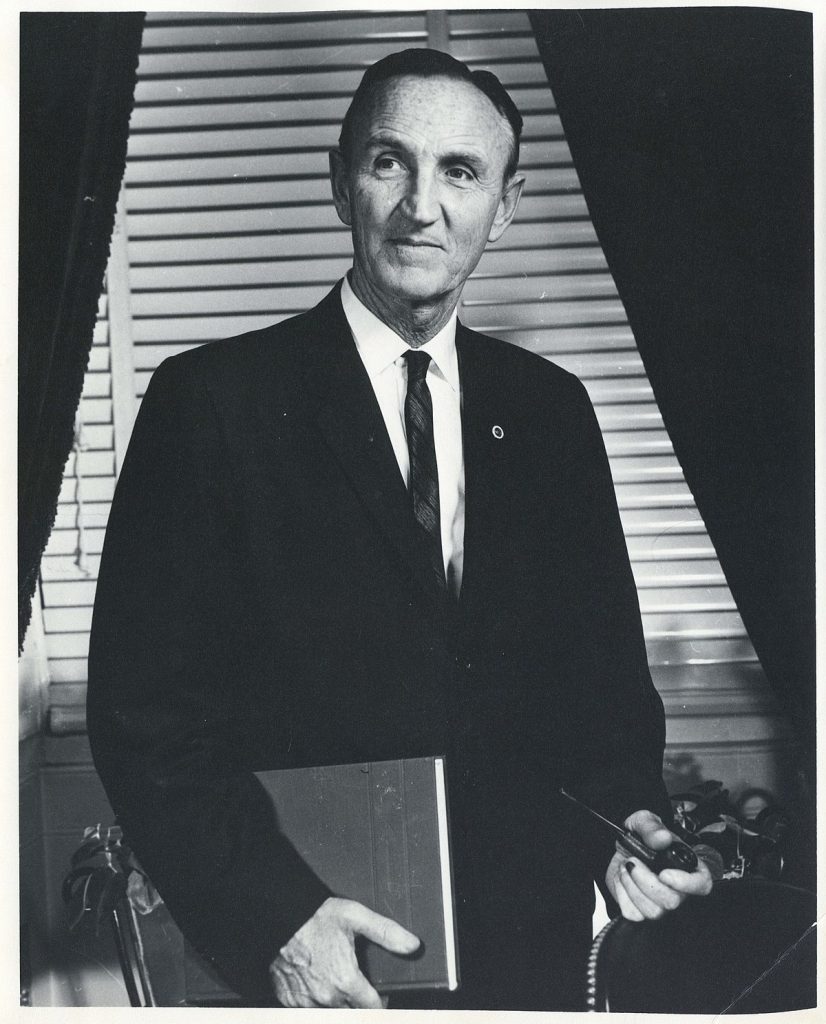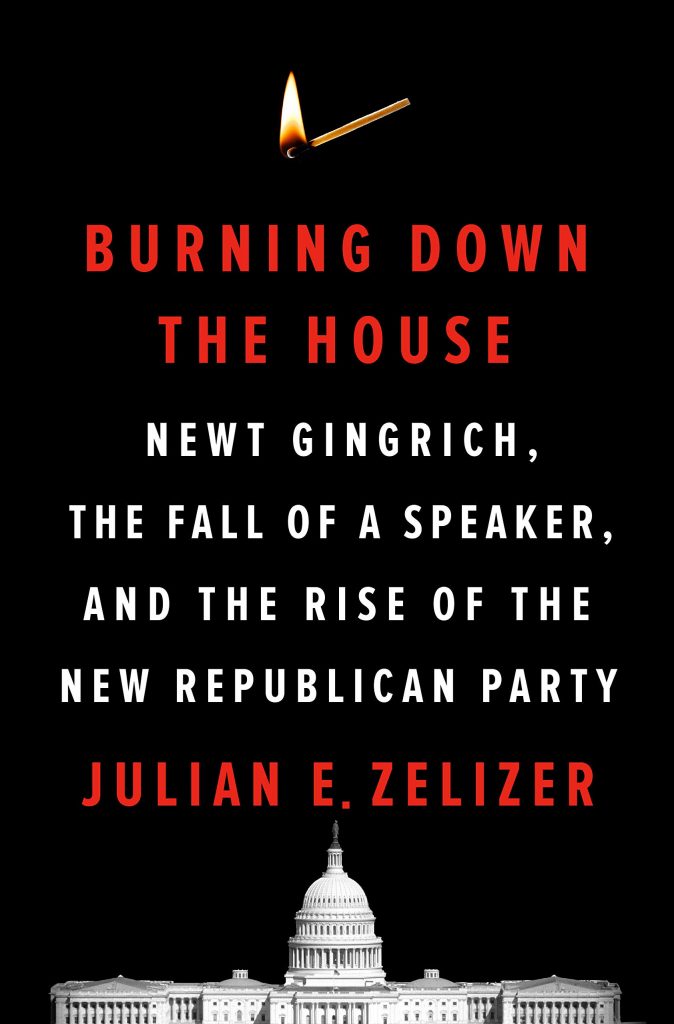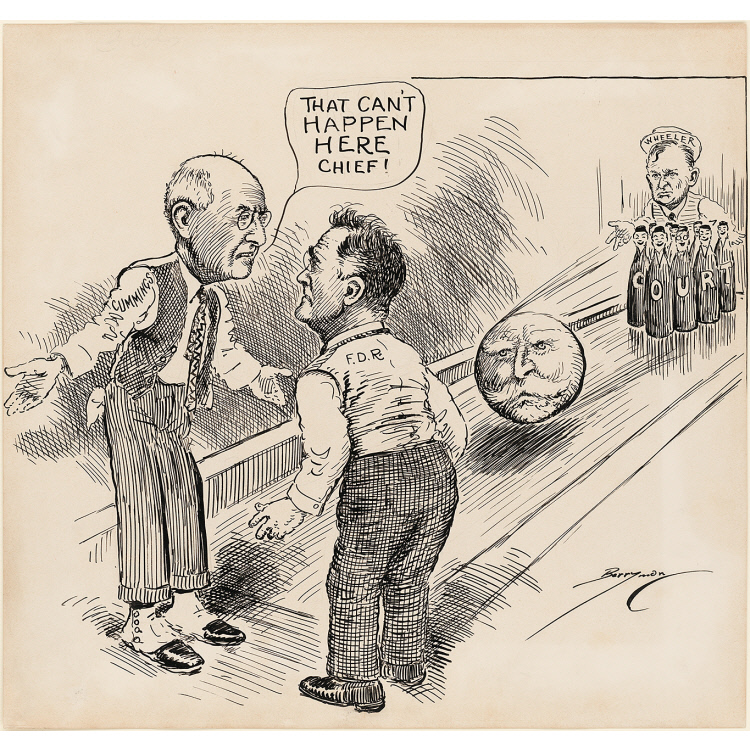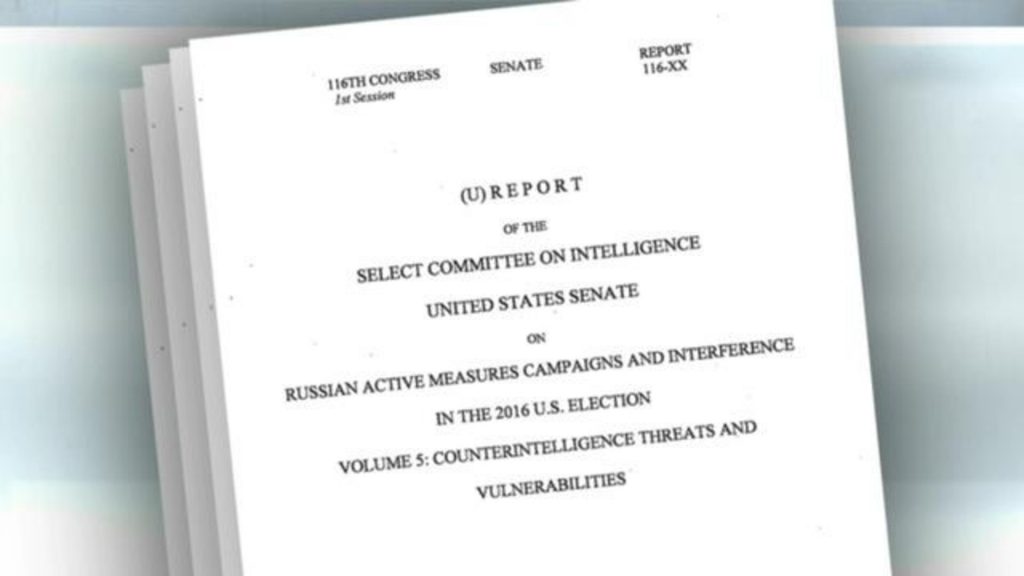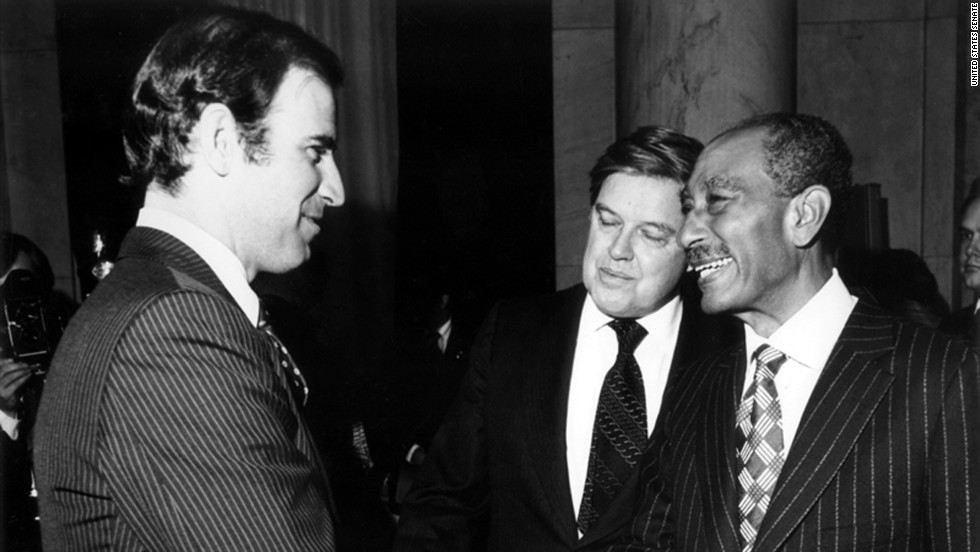Donald Trump and his Republican enablers are ending October the way they began late last winter when the pandemic came to the United States: with gaslighting, misdirection, blatant lying and the largest diversionary propaganda campaign in American political history.
There are really only two words to describe what the president and his lapdogs have done: incompetence and evil.
“People are tired of Covid,” Trump complained on a recent call with his campaign staff, while several reporters were listening. “I have the biggest rallies I’ve ever had. And we have Covid. People are saying: ‘Whatever. Just leave us alone.’ They’re tired of it.”

“People are tired of hearing Fauci and these idiots,” Trump said, “all these idiots who got it wrong.”
Tell that to 223,000 Americans who are not here to listen to a deranged, heartless campaign’s closing argument delivered by the most disastrous president in American history. Or how about the more than 1,700 health care workers in the United States who have died during the pandemic because they cared for the sick. Are they “all these idiots who got it wrong?”
David Eggman, a registered nurse at a hospital in Wausau, Wisconsin, a region overrun with Covid-19 hospitalizations, has seen more than his share of death since March. He told the Milwaukee Journal Sentinel that he has listened as COVID-19 patients breathed their last, alone without family at the bedside. Frequently they told him, “that they didn’t realize it was as bad as it was.”
But the president did know. He told the journalist Bob Woodward in February that the virus was “deadly” and much more serious than the flu. “I wanted to always play it down,” he said a month later during another exchange recorded on tape. “I still like playing it down, because I don’t want to create a panic.”
After first refusing the reality, and then ultimately failing to deal with a deadly disease, Trump rushed to ignore accepted science and politicized the public health response. He has repeatedly mocked advice about masks, and despite his own near-death experience, has persisted in holding virus spreading – and truth killing – rallies in states where the disease is running wild.
Trump said a week ago that we have “turned the corner” with the virus, a true statement if you understand that the “turn” is upward in daily cases, upward in hospitalizations and upward in the number of rural counties that by his own government’s assessment are trending overwhelmingly in the wrong direction.
A website that reports on rural America said this week that “Covid-19 spread in rural America at a record-breaking pace again last week, adding 160 counties to the red-zone list and bringing the total number of rural Americans who have tested positive for the coronavirus to more than 1 million.” And researchers at the University of Idaho, just to cite one data point, now estimate one in every 30 people in eastern Idaho are infected with the virus.

That Trump would seek to downplay all this, lie about it and fail to heed the advice of scientists is no longer even news. He’s a textbook example of a pathological liar, likely unable to ascertain truth from fiction. He’s also clearly suffers from narcissistic personality disorder, leaving him unable to accept let alone empathize with millions of his fellow Americans who have died, been made sick or economically devastated by his unprecedented failure to lead an effective national response.
What remains surprising, even after all these months, is that fellow Republicans have accepted his failures and made them their own. Two governors – South Dakota’s Kristi Noem and Idaho’s Brad Little – exemplify how thoroughly degraded Republican politics have become. With virus cases running out of control in both states, the governors act like this is all business as usual.
South Dakota’s infection rate is four times the national average, but Noem, a rightwing darling, has been hawking t-shirts inscribed: “Less Covid, More Hunting.” Meanwhile, the governor has been all over the country campaigning for Trump, so often missing from the state in recent weeks that columnist Mike McFeely roasted her this week saying, “She’s followed the Trump playbook, and therefore the Republican playbook, line for line. With her T-shirt sales, Noem is even cashing in on the denial.”

Meanwhile, the Republican speaker of the South Dakota House of Representatives, Steve Haugaard, has been in hospital emergency rooms twice this month battling the virus. “It’s been the most devastating stuff I’ve ever had in my life,” the 64-year-old Haugaard told the Associated Press.
Little isn’t as brazen – or as stupid – but ultimately just as ineffective as his South Dakota counterpart. While hospital officials across Idaho were calling this week for more aggressive steps to slow the growth of cases, Little was preaching the gospel of personal responsibility, refusing even the most basic step of a statewide mandate to wear a damn mask. “This is about personal responsibility,” Little said, “something Idaho is all about.”
Right. All that personal responsibility has seen a 46% increase in cases over the last two weeks, including so many cases at the major hospital in south central Idaho that the top doctor there said this week, “It gets back around to, how long can you sustain this? How long can you provide the high-quality health care we provide?”
If you’ve been waiting for the promised Trump October Surprise, it’s already here: the infection and death toll is rising rapidly, and winter will be awful. Donald Trump and his GOP sycophants with their widespread demonization of people of expertise like Dr. Anthony Fauci and with the ignorant rejection of basic public health measures have effectively adopted Stalin’s maxim: a single death is a tragedy; 221,000 deaths are a statistic.
The election in ten days comes down to a stark choice for America: do we embrace science and common sense to lead us to solutions for the worst public health crisis in more than one hundred years or do we empower, as the writer Caroline Fraser put it recently, “a zealotry so extreme that is has become a death cult.”
—–0—–
Additional Reading:
Some other stories worth your time…
USC’s Linebackers: In 1989, USC Had a Depth Chart of a Dozen Linebackers. Five Have Died, Each Before Age 50
A stunning and profoundly disturbing story by Michael Rosenberg in Sports Illustrated about the 1989 Southern Cal football team and what has happened to several of the team’s linebackers.
“The Trojans go 9-2-1 and then win the Rose Bowl that season, but football fools them. The linebackers think they are paying the game’s price in real time. Michael Williams takes a shot to the head tackling a running back in one game and he is slow to get up, but he stays on the field, even as his brain fogs up for the next few plays. Chesley collides with a teammate and feels the L.A. Coliseum spinning around him; he tries to stay in but falls to a knee and gets pulled. Ross, who says he would run through a brick wall for Rogge, breaks a hand and keeps playing. After several games he meets his parents outside the home locker room and can’t remember whether his team won or lost.”
2 More Funny Feelings About 2020
Tim Alberta is Politico’s chief political correspondent – and author of a great book American Carnage about the Tea Party takeover of the GOP. He thinks we may be overthinking what the election is all about.
“Generations of pollsters and journalists have fixated on the question of which candidate voters would rather have a beer with—a window into how personality translates into political success. Here’s the thing: Americans have been having a beer with Trump for the past four years—every morning, every afternoon, every evening. He has made himself more accessible than any president in history, using the White House as a performance stage and Twitter as a real-time diary for all to read. Like the drunk at the bar, he won’t shut up.”
I like this piece because – of course – it corresponds with my own theory.
Bruce – The Boss

A great piece from The Irish Times.
“Bruce Springsteen is looking fit and well as the screen pops into life. Sitting in the same home studio in New Jersey where just about a year ago he recorded his 20th studio album, Letter to You, with his longtime musical comrades, the E-Street Band, he laughs a little sheepishly when our Zoom host, Scottish journalist Edith Bowman, wishes him a belated 71st birthday.
“I suppose celebrating birthdays is not high on his agenda, especially when Springsteen is here to tell us about an album and an arthouse documentary prompted by the death of an old friend.”
The Monopoly on Ice Cream Truck Music
Whenever I hear the tinkling tones of an ice cream truck, I flash back to when the kids were young and that sound was exciting to them and annoying to me. Turns out I had no idea about the story behind the music.
“In earlier decades, Nichols Electronics had several full-time employees, but the company has since shrunk down to just Mark and Beth.
“If a resource-rich corporation — say, General Electric — decided to jump into the ice cream truck music game, that corporation very well might succeed. But there’s a reason a larger entity hasn’t tried to dislodge Nichols Electronics as the reigning ice cream music kingpin.
“It’s a very difficult market, says Mark.”
Michael Waters writes that a small family-owned company has a corner on 97% of the ice cream music market.
Have a good week…the campaign is almost over. Be well.



